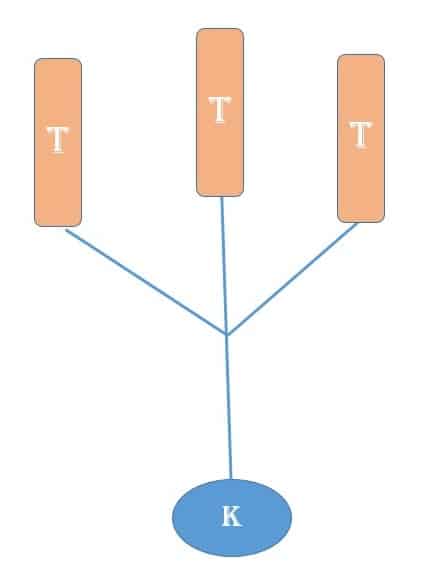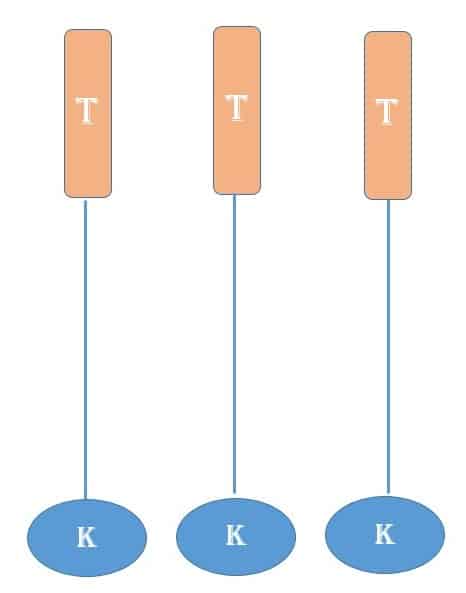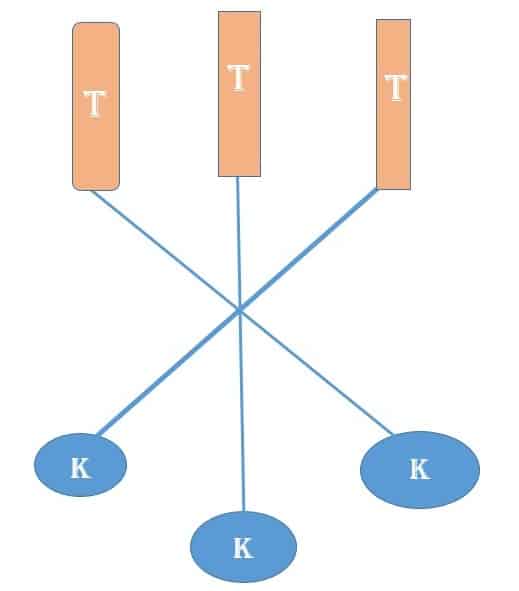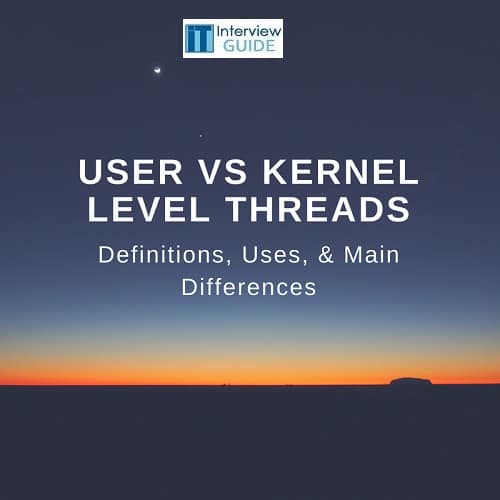Table of Contents
*This post may contain affiliate links. As an Amazon Associate we earn from qualifying purchases.
During your IT interview, you may be asked to state the difference between user level threads and Kernel level threads. Let us tell you everything you need to know so that you can provide a correct answer on your job meeting.
What Is a Thread in an Operating System?
The thread is the basic unit of CPU utilization. It comprises a stack, a program counter, and of a sequence of registers. To get a better idea of what a thread is, you should know that there are two types of programs, defined precisely by the number of threads they feature:
- Single-Thread Processes: These feature one program counter and only one instruction sequence, which can be carried out at any time. As the name suggests, they only feature one single thread.
- Multi-Thread Processes: These feature multiple threads within the same process. What you need to remember is that for each of these threads, there is a program counter, a set of registers, and a stack.
What Are Threads Useful for?
In a program, threads are extremely useful because each of them handles a certain task. This could be very helpful when a process requires some tasks to be implemented and others to be blocked to convey the expected results. ?The best possible example is a word processor program. This would include one thread that processes the user?s input (from the keyboard), another one has to control spellchecking, while another one performs a system backup of the inputted data. As you may have guessed, this is an example of a multi-thread process.
User Level Threads and Kernel Level Threads
In an operating system, there are two main types of threads: User level threads and Kernel level threads. While user level threads are supported above the kernel, kernel threads must be supported within the kernel of the operating system. For the program to be properly implemented, it is mandatory that user level threads are mapped to kernel level threads. This can be done by using one of the following methods:
- Many-to-One Model – Several user level threads are mapped onto one single kernel thread.

- One-to-One Model ? There is one separate kernel thread that controls each user level thread.

- Many-to-Many Model ? There are many threads which are mapped to an equal or smaller number of kernel threads.

Some examples of user level threads include a Java thread or a POSIX thread. On the other hand, a kernel level thread would look like the ones of Windows Solaris.
What Are the Main Differences Between User Level Threads and Kernel Level Threads?
If you want to provide a short answer to this question for your interview, here are the three crucial aspects you are expected to mention:
- While Kernel level threads are specific to the operating system, user level threads are not OS-specific and can be run on any operating system.
- While the creation and implementation of a kernel level thread is made by the operating system, the user level thread can be implemented via a thread library at user level.
- Kernel level threads are slower to create and manage than user level threads.
Other differences between user level threads and kernel level threads are highlighted in the table below:
| User Level Threads | Kernel Level Threads |
| Implemented by users | Implemented by the operating system |
| Not recognized by operating systems | Recognized by operating systems |
| Easy implementation | Difficult implementation |
| Less context switch time | More context switch time |
| No hardware support required for context switch | Hardware support required for context switch |
| The entire process stops when a user level thread is blocked | If a kernel level thread is blocked, the next thread will continue executing the process |
Interested in more IT interview questions related to user level threads? Make sure you check out our collection of operating system interview questions!

